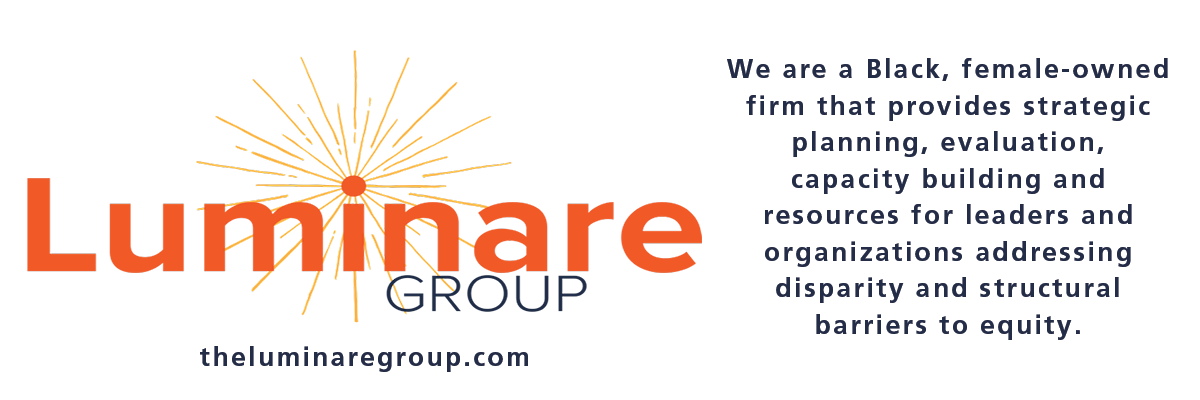Sponsored by:
News feed
Stay up to date on all of the latest conference news!
A CALL TO MEN Keynote Panel
Afua Addo, Jesus “Chucho” Ruiz Vai Sevoi – Eudeve (Opata) Tlamanalcah, Jane Ralph, and Lina Juarbe Botella
LGBTQI+ Voices Keynote Roundtable
Shalisa Gladney, Kiara Lee, Khirin Carter, and Liat Wexler
Conference schedule now available!
Keynote Announcement!
Zerlina Maxwell - Director of Progressive Programming at SiriusXM and a Political Analyst for MSNBC
Keynote Announcement!
Virginia Hedrick - Executive Director, California Consortium for Urban Indian Health
Keynote Announcement!
Dominique Waltower - Violence prevention advocate and a dynamic motivational speaker
Keynote Announcement
Bree Newsome - Community Organizer and Activist
Shifting the Lens has gone virtual! New Dates Announced!
Due to the global pandemic, we have decided to make this year’s conference a virtual experience.
To accommodate these changes, we have changed the conference dates to Monday, November 2nd - Thursday, November 5th. Daily schedule to be announced soon!
Please note - if you registered for our live conference, your registration will be refunded and you will need to register for the virtual conference.
2020 Virtual Conference Registration is now open!
Stay tuned for announcements on keynote speakers and workshop offerings!
About Shifting the Lens
In March 2019, we convened over 500 advocates to ask how we could shift our movement’s lens and broaden our focus to address provocative questions about domestic violence responses in California. In the months since, we have made intentional efforts in continuing to move forward through those difficult but needed conversations from Shifting the Lens regarding working with WHOLE families and those who cause harm through a series of regional trainings addressing healthy masculinity & fighting for gender justice in our communities.
In November, 2020 we will continue to broaden the focus and engage a larger community to find answers to pressing questions that impact survivors, families and communities. What happens when we shift the lens and look at domestic violence with a broader view that includes discussions with opposing and unified viewpoints?
Victim safety and holding those who harmed accountable have been central figures in the domestic violence field over the last few decades. As a result, we’ve seen significant expansion in crisis responses and legal interventions. When we look at a snapshot depicting our statewide response to domestic violence, these crisis responses and legal interventions appear as the predominant images in our picture.
This expansion has also become part of culturally responsive prevention efforts. Evidence has shown that working collaboratively leads to more effective and sustainable solutions. Collaborative efforts that bring community partners together have a greater impact across communities. Recognizing that domestic violence is one of many interconnected forms of systemic oppression, we must work together across multiple systems and social justice movements.
While our crisis responses and legal interventions typically look like victims leaving and those who harmed going to jail, what could happen when we refocus the lens so that our intervention and prevention efforts focus on:
crisis response and legal intervention that focus on the needs of whole families, particularly those families already marginalized and underrepresented?
approaches that shift the way we serve families from the silo of DV to collaborating with other movements to address client’s intersections with housing justice, racial justice, economic justice, environmental justice, and restorative justice?
maintaining our humanity and approaching our work from a place of justice and love?
informed and inspirational risks we are willing to take to serve families within these contexts?
““We are at a place in the movement that is requiring us to expand our vision of accountability and rather than excluding harm doers from the healing process, we are open to alternatives to justice that includes people that commit harm in the healing process.””












